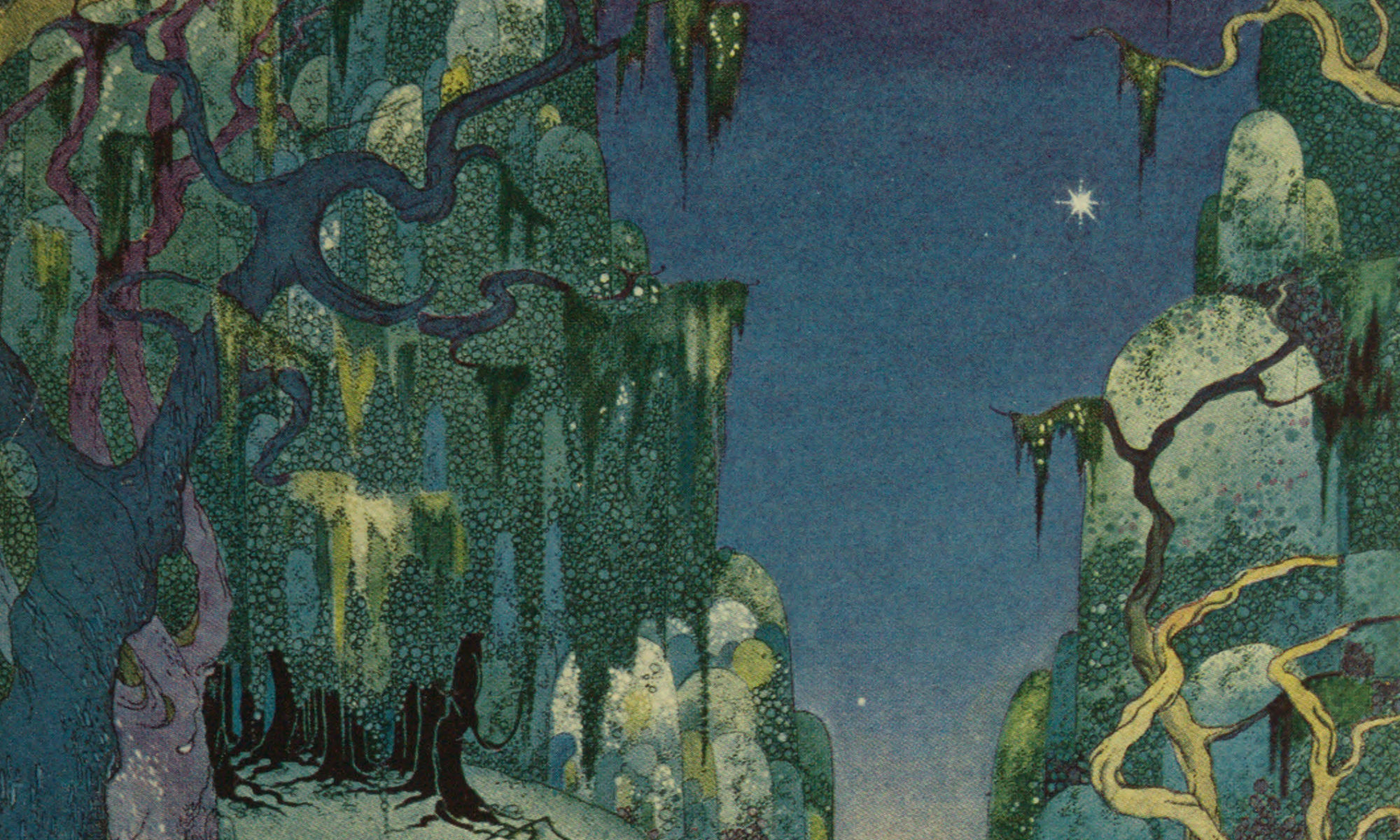Today [the Mirror published a piece](http://www.mirror.co.uk/news/uk-news/grimms-fairy-tales-exerted-profound-2285773) by Professor Bill Gray to mark the 150th anniversary of Jacob Grimm’s death:
> ## Grimms’ Fairy Tales exerted a profound influence on many generations, and defined what a fairy tale is
> **As we mark the 150th anniversary of Jacob Grimm’s death, literary history professor Bill Gray looks at why his work became a classic**
> Jacob Grimm died 150 years ago today, four years after his younger bother Wilhelm.
> Together they changed forever the face of literature, especially children’s literature, with their collection of stories usually translated into English as Grimms’ Fairy Tales.
> This book came to dominate all other fairy-tale collections, and especially through the Disney animations, has exerted a profound influence on many generations. The Grimms came to define what we think a fairy tale is.
> There was a boom industry in fairy tales in the nineteenth century: C.L. Dodgson (aka Lewis Carroll) thought that Alice’s Adventures in Wonderland was ‘a new line in fairy-lore’, and it was first tried out on the children of George MacDonald, perhaps the greatest fairy-tale writer of the nineteenth century (a musical version of his fairy tale ‘The Light Princess’ by Tori Amos and Samuel Adamson will shortly be opening in the National Theatre).
> There are fairy tale elements in some of the great Victorian novels, for example Jane Eyre and Great Expectations, not to mention darker works such as Strange Case of Dr Jekyll and Mr Hyde, The Picture of Dorian Gray and Dracula itself.
> A twentieth century work such as Orwell’s Animal Farm is built on the ancient tradition of fables, which form a part of the Grimms’ collection. Fantasy works by C.S. Lewis and J.R.R. Tolkien were explicitly thought of as fairy tales by their authors, who had some of the wisest words of the century (or indeed any century) to say about fairy tales.
> More recently, and especially after Angels Carter’s The Bloody Chamber (and its film version A Company of Wolves), there has been a new wave of subversive fairy tales, as well as graphic novels (Bill Willingham’s Fables) and TV series (Once Upon a Time). The fairy tale tradition and its off-shoots in fantasy have never had a higher profile.
> However, the brothers have also had a pretty grim press over the years. Not only have they been accused of sexism, sadism and racism, in the middle of last century their books were linked to the rise of Nazism, and even banned in Germany during the Allied occupation because they were used by the Nazis to foster German ‘ethnicity’.
> Jacob Ludwig Karl Grimm (1785 – 1863) and Wilhelm Karl Grimm (1786 – 1859), German philologists and folklorists. Both were professors at Gottingen from 1830 to 1837 and collaborated on a collection of German folk stories known as ‘Grimm’s Fairy Tales’.
Jacob and Wilhelm Grimm
Getty Images
> Ironically the Grimms’ Children’s and Household Tales took shape under an earlier occupation of the country we now call Germany, but which at the beginning of the nineteenth century was a collection of small principalities occupied by the French armies under Napoleon.
> Children’s and Household Tales did not begin life as a children’s book; it only gradually became that, partly under the influence of the English version entitled German Popular Stories translated by Edgar Taylor and illustrated by George Cruikshank.
> The fragmented identity caused by the internal divisions within Germany, and its occupation by the French, led to a strong impulse to reconstruct a sense of national identity though the collection of old legends and stories which were characteristically German. Or so the Grimms thought; ironically some of the oral tales they collected were not ‘pure’ German at all, but versions of French literary tales.
> This impulse to collect and enshrine a national tradition is understandable in the political context of the time. Nationalism can be a fine thing – the trouble is that it can also degenerate into something much nastier, as we have seen even in these islands. I speak as a Scot, and acknowledge elements of racism in Scottish, Welsh, and Irish nationalism, alongside the usual suspects of the English far right.
> But the Grimms were able to combine their sense of the importance of a distinctively German national tradition, enshrined in Children’s and Household Tales and their scholarly books on the German language, with a broadly liberal commitment to the parliamentary process (they lost their University posts because of their stand against an autocratic ruler) and to an international network of scholars.
> So it’s harsh to see their work as a precursor of Nazism. However much their tales may have been distorted by Disney and the Nazis, the tales themselves have stood the test of time and speak to each new generation – one of the definitions of a classic.
> Their ‘message’, if they have one in addition to their value as sheer entertainment, and behind the layers of Christian moralizing added over the years by Wilhelm Grimm, is that of hope.
> They reassure us that in hard times, in families we’d nowadays call ‘dysfunctional’, you can, with a bit of ‘nous’ or common sense and initiative, and a slice of luck, and maybe some supernatural help (such as a talking fox, a fairy godmother or a magic food-producing table), get by, survive and maybe even get a happy ending.
> That’s a message that most people need to hear most of the time, just to keep going.
